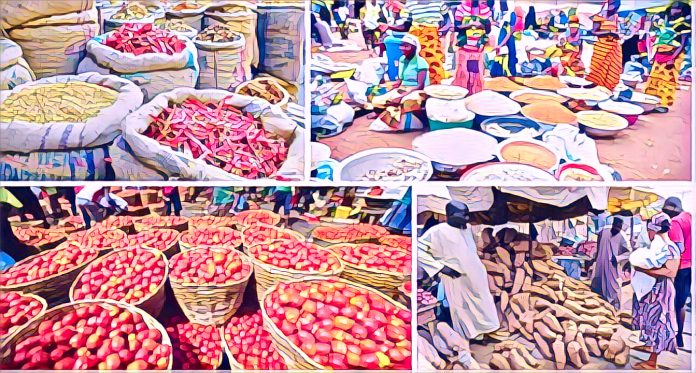KEY POINTS
-
Despite soaring inflation, Nigeria’s owambe celebrations remain widespread, with families spending millions on weddings and parties, often through loans or savings clubs.
-
Behind the glamorous surface lies a growing debt culture, even as the events industry provides crucial employment to thousands in the informal economy.
-
As economic pressures mount, younger Nigerians are beginning to shift toward more affordable, minimalist celebrations, sparking a debate on cultural sustainability.
Despite Nigeria’s persistent inflation, depreciating naira, and rising cost of living, the country’s famed “owambe” culture — extravagant weekend parties, weddings, and social gatherings — continues to flourish.
From Lagos to Ilorin, Abuja to Benin, the sound of live bands, the shimmer of lace aso ebi, and the scent of lavishly catered meals remain a fixture every weekend. But as Nigeria grapples with economic uncertainty, questions are now being asked: what is the real cost of owambe celebration in an era of inflation?
Owambe parties, a Yoruba term for lavish celebrations, have evolved into a nationwide cultural mainstay. However, with Nigeria’s inflation rate hovering above 30% as of April 2025, and food prices having more than doubled since 2023, many are now financing these parties through personal loans, cooperative societies, or even informal savings clubs (ajo/esusu).
“We can’t abandon culture, but the financial strain is real,” says Mosun Adekunle, an event planner based in Ikeja. “A simple traditional wedding that cost N2 million two years ago now takes almost N5 million. Clients want the same glamour, but they’re bleeding financially.”
According to data from the National Bureau of Statistics (NBS), spending on events and hospitality has remained surprisingly resilient, with some urban areas even reporting increased expenditure on weddings and celebrations during economic downturns. This paradox — celebration amid crisis — highlights how deeply ingrained the culture of social status and communal recognition is in Nigerian life.
Underneath the glamour — borrowed wealth and silent debt
While owambe culture has traditionally served as a form of social cohesion, creating business for tailors, caterers, DJs, makeup artists, and rental services, it has also given rise to a hidden debt culture. Behind the glitz of satin gele and designer kaftans, many celebrants are sinking deeper into financial distress.
“People take soft loans just to impress at these parties,” says Nonso Okoro, a financial advisor based in Abuja. “I’ve had clients who diverted children’s school fees to pay for a ‘classy’ birthday. It’s unsustainable.”
On average, an owambe event with 500 guests costs between N3 million and N10 million, depending on location, venue, and level of extravagance. With the price of 50kg of rice now exceeding N60,000 and a crate of drinks nearing N4,000, hosting such gatherings has become a high-stakes financial gamble.
However, the flip side of the Owambe economy is its job creation impact. In a country with over 40% youth unemployment, the informal events sector employs thousands. From okada riders ferrying guests to makeup artists booking back-to-back gigs on Saturdays, many livelihoods hinge on this booming but precarious industry.
“If people stop partying, I’ll be out of work,” says Lara Olatunji, a freelance caterer. “It’s not just about food and music. These events feed families — literally.”
This has sparked debate about whether the owambe culture is a reckless indulgence or a crucial economic driver. Sociologists argue it’s both. “In Nigerian society, celebration validates identity and social bonds,” notes Dr. Tunde Ajibola, a cultural anthropologist at the University of Ibadan. “But there’s a thin line between tradition and performance.”
With Nigeria’s minimum wage still stagnant and disposable income shrinking, there is growing pressure to rethink celebration norms. Some young Nigerians are already embracing smaller, more intimate gatherings or even virtual parties. Others are turning to crowdfunding or sponsorships to cushion expenses.
Government economists have also taken note. A recent policy brief by the Federal Ministry of Finance suggests regulating the informal events economy by introducing tiered taxes on luxury events, though critics argue this would stifle an already overburdened populace.
Whether the culture will adapt remains uncertain. But as owambe music blares every weekend and social media floods with images of opulent festivities, the economic and emotional cost of keeping up appearances continues to grow.



